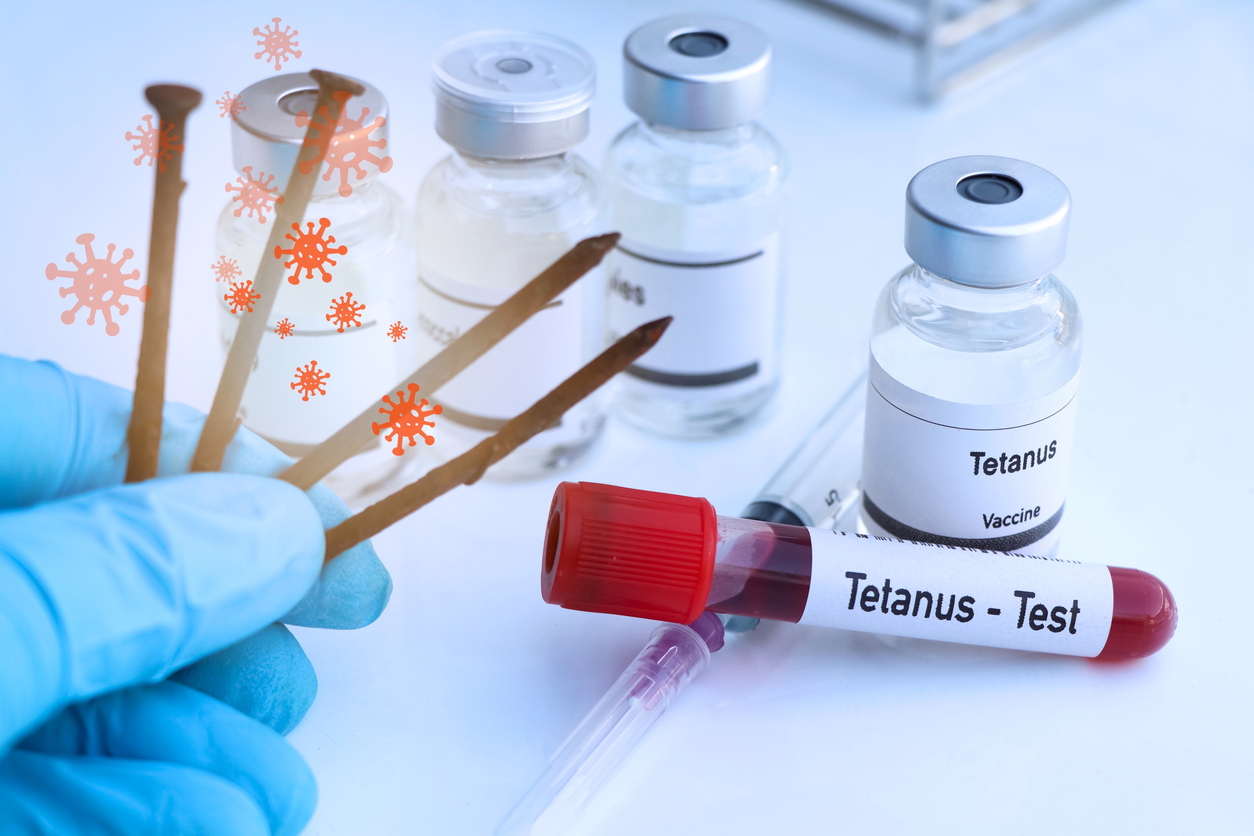Mining Gold in Nigeria: How to Mine Precious Metals and Export Them
Mining Gold in Nigeria: How to Mine Precious Metals and Export Them
Gold mining in Nigeria offers significant opportunities for investors and entrepreneurs. This guide outlines the key steps involved in mining precious metals and the process of exporting them.
Understanding Gold Mining in Nigeria
Overview: Nigeria is rich in natural resources, including precious metals like gold. Gold mining can be highly profitable, provided it is done correctly and legally.
Key Regions:
- Zamfara State: Known for its significant gold deposits.
- Kaduna, Kogi, and Niger States: Also have substantial gold reserves.
Sources:
Steps to Mining Gold in Nigeria
1. Exploration and Prospecting
Overview: The first step in gold mining is identifying potential gold deposits. This involves geological surveys and sampling.
Methods:
- Geological Mapping: Identifying rock types and geological structures that may contain gold.
- Soil Sampling: Collecting and analyzing soil samples to detect gold concentrations.
Sources:
2. Licensing and Regulatory Compliance
Overview: To legally mine gold in Nigeria, you must obtain the necessary licenses and comply with regulations set by the government.
Key Licenses:
- Exploration License: Allows you to explore for minerals.
- Mining Lease: Permits commercial extraction of minerals.
- Export Permit: Required for exporting gold out of Nigeria.
Regulatory Bodies:
- Ministry of Mines and Steel Development (MMSD): Oversees mining activities.
- Nigerian Export Promotion Council (NEPC): Facilitates export processes.
Sources:
3. Mining and Extraction
Overview: Once you have identified a viable site and obtained the necessary licenses, you can begin mining operations.
Methods:
- Open-Pit Mining: Common for large, shallow gold deposits.
- Underground Mining: Used for deep-seated gold deposits.
Equipment:
- Excavators, loaders, and trucks for material handling.
- Crushing and grinding equipment for processing ore.
Sources:
4. Processing and Refining
Overview: Extracted gold ore needs to be processed and refined to produce pure gold.
Methods:
- Cyanidation: A common method where gold is dissolved in a cyanide solution.
- Amalgamation: Using mercury to extract gold from ore (less common due to environmental concerns).
Refining:
- Smelting: Melting the gold to remove impurities.
- Electrolysis: Using electric currents to purify gold.
Sources:
Exporting Gold from Nigeria
1. Obtaining an Export Permit
Overview: An export permit from the NEPC is required to legally export gold from Nigeria.
Steps:
- Register with the NEPC.
- Submit necessary documentation, including proof of ownership and mining lease.
- Obtain a certificate of origin.
Sources:
2. Compliance with International Standards
Overview: Ensure that your gold meets international quality standards and complies with export regulations.
Standards:
- Purity Levels: Gold should meet the required purity levels (usually 99.5% and above).
- Documentation: Provide all necessary export documentation, including invoices, certificates of origin, and export permits.
Sources:
3. Transportation and Logistics
Overview: Secure logistics for transporting gold from the mining site to the export destination.
Key Points:
- Use reputable logistics companies.
- Ensure security measures are in place to protect the shipment.
- Comply with customs regulations and inspections.
Sources:
Conclusion
Mining and exporting gold in Nigeria involves several steps, from exploration and licensing to extraction, processing, and compliance with export regulations. By understanding and following these steps, investors and entrepreneurs can successfully tap into Nigeria’s gold mining potential.








LEAVE A COMMENT
You must be logged in to post a comment.